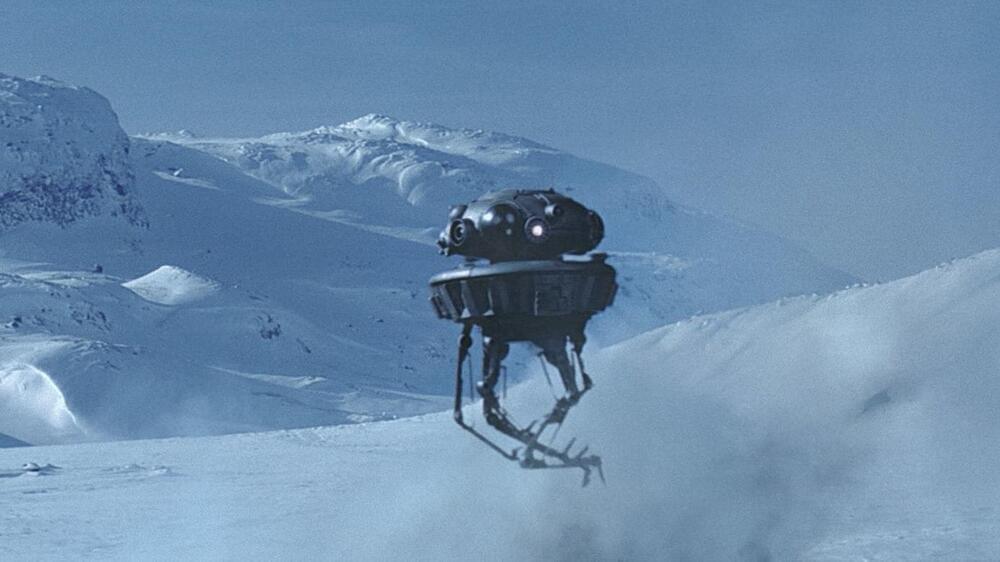During those 14,000 years, who knows what humanity will look like, making the information contained in Voyager 2 quaint and a relic of our ancient past. Working off of this line of thought, if humanity were to receive an alien probe, it would be studied, analyzed, and then most likely, we would send a response across the galaxy. By the time our response made it to, say, Alpha Centauri and Proxima B, that civilization would have likely advanced far beyond the initial probe, and that, according to some astronomers, could be a fatal mistake for our world.
Stephen Hawking once said “One day, we might receive a signal from a planet like Gliese 832c, but we should be wary of answering back.” Right now, humanity would likely be the passive recipient of a more advanced alien civilization’s probe, without being able to know what the real intentions of the aliens may be. Would they come in peace and brotherhood like the Vulcans in Star Trek: First Contact, or would they be similar to those from Independence Day?
Now that technology is reaching the point where signals can be more easily transmitted into the vastness of outer space, scientists are becoming more cautious about what we do to give away our position in the universe. Just one alien probe, confirming we’re not alone, could be enough to destabilize human society and that’s even without considering a further response, thousands of years in the future. Mathematically, humanity is likely not alone, but space travel takes so long to reach even the closest destination, that none of us will likely be alive when the probes make Earthfall.
